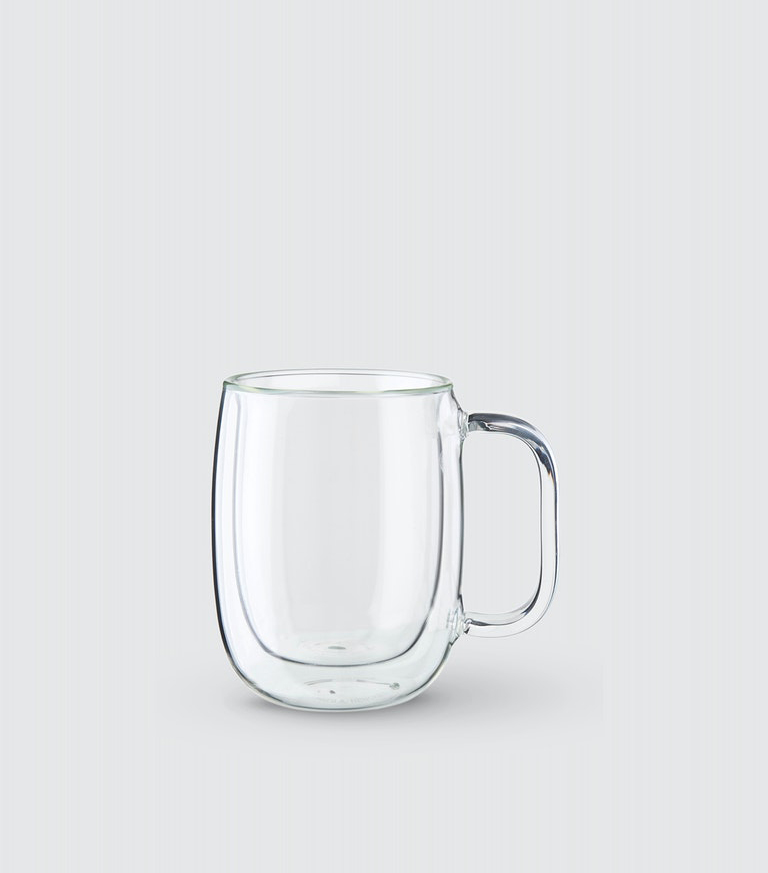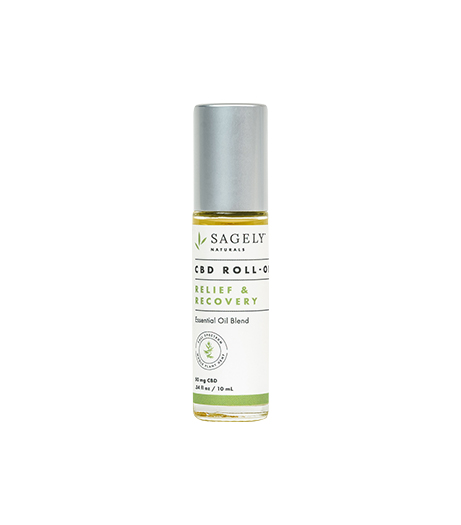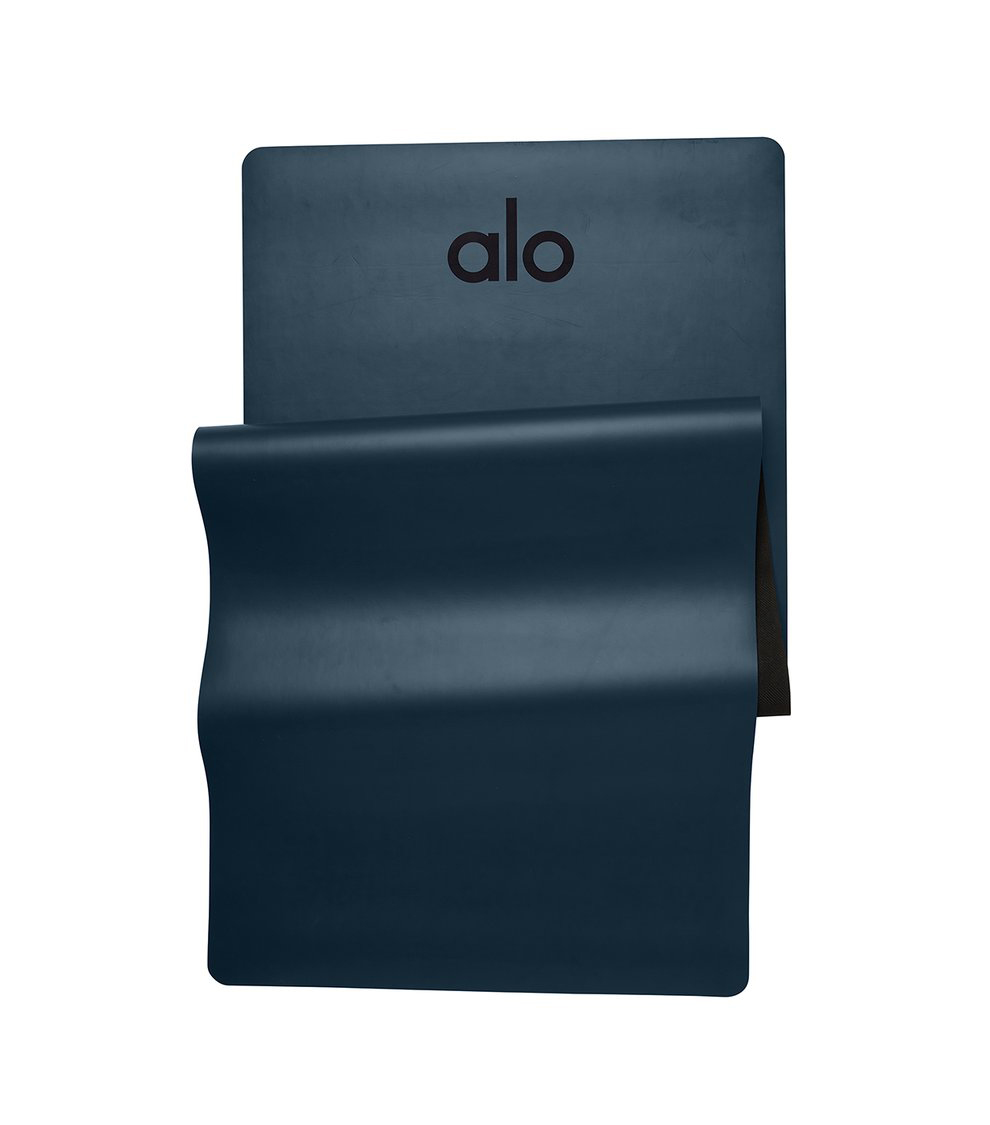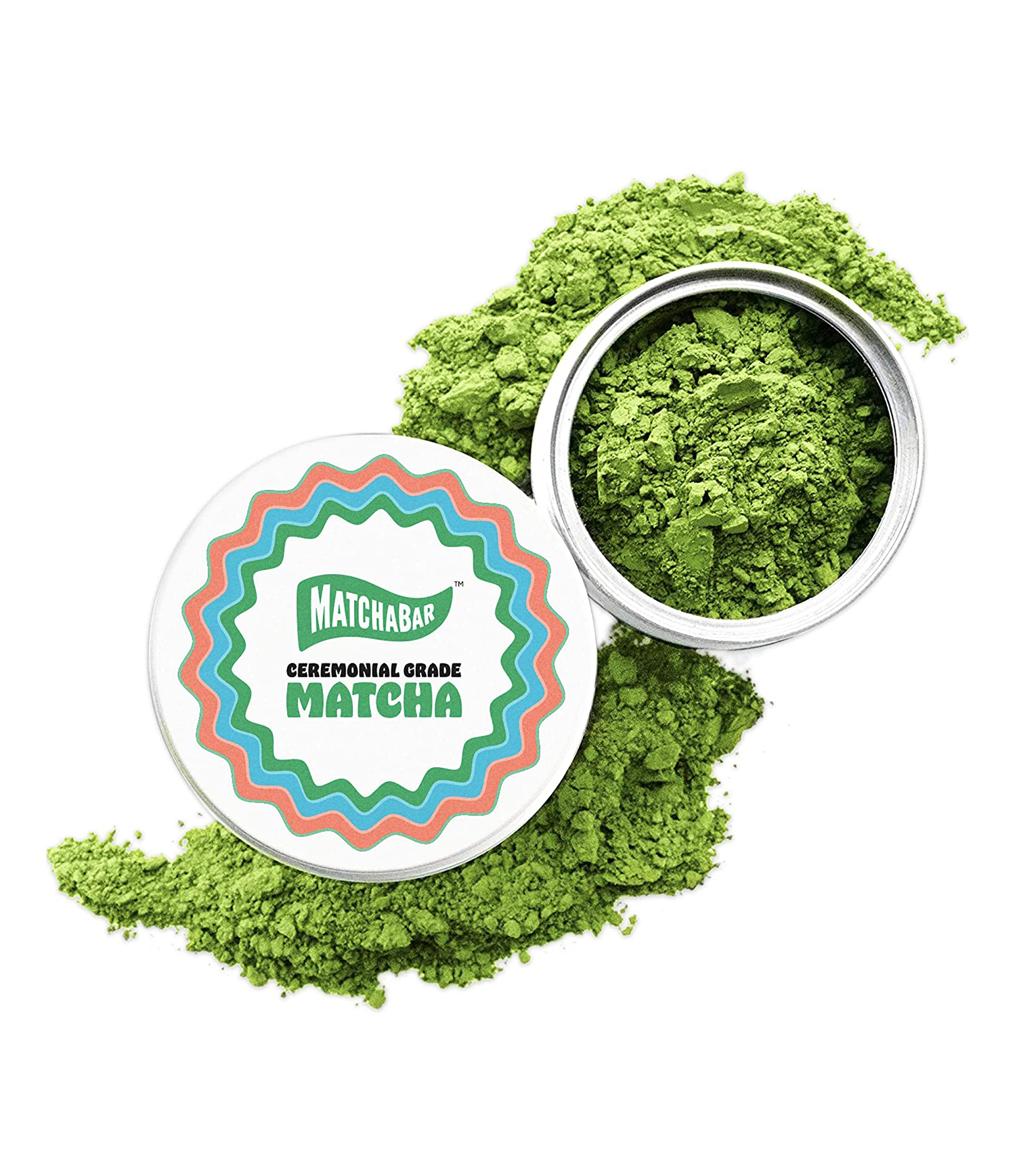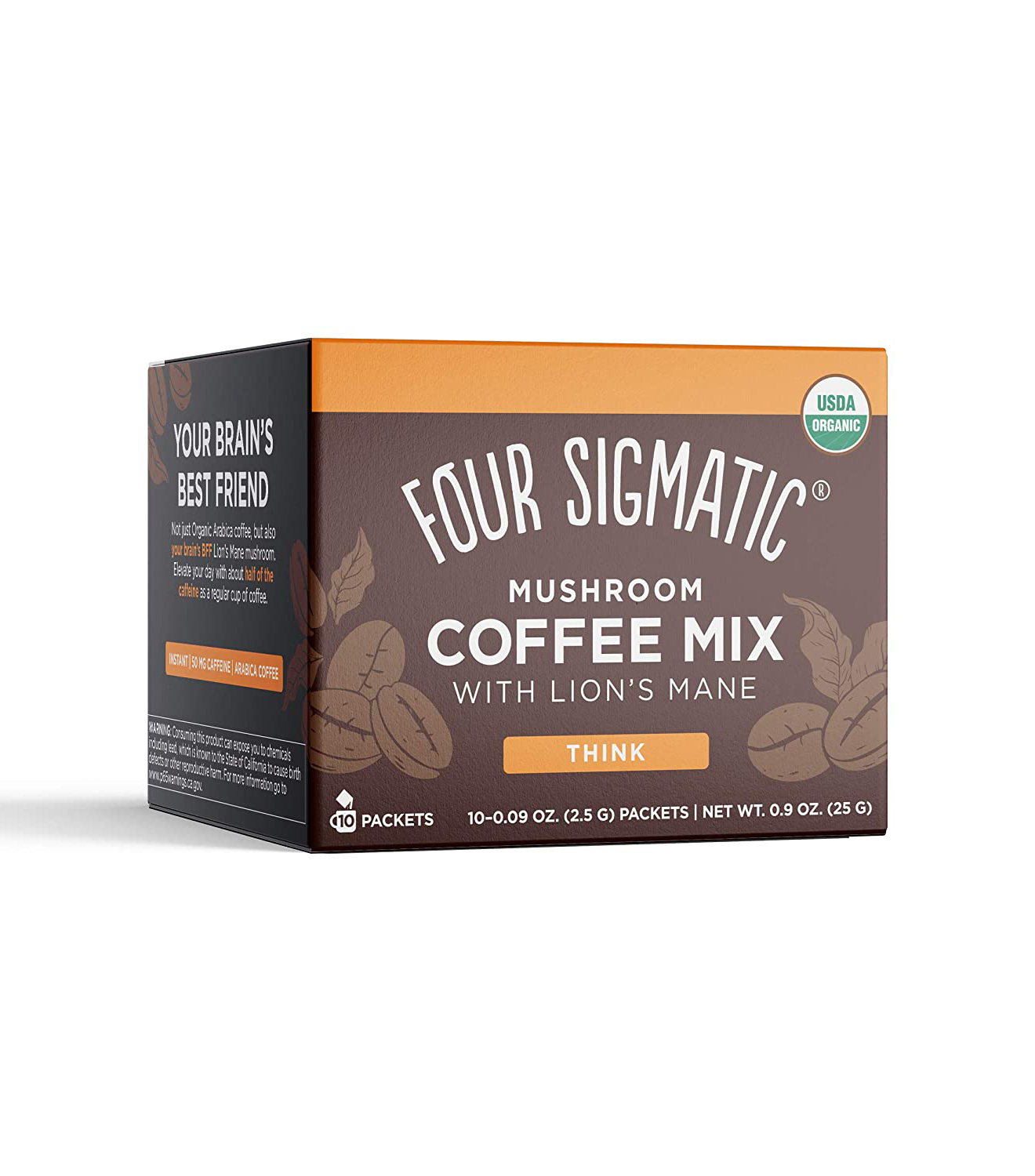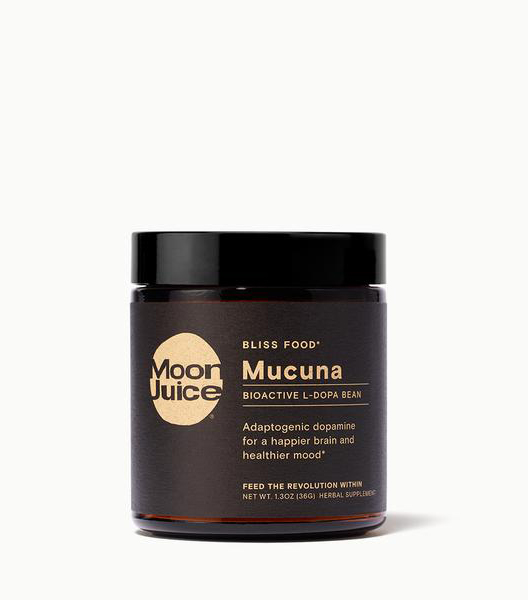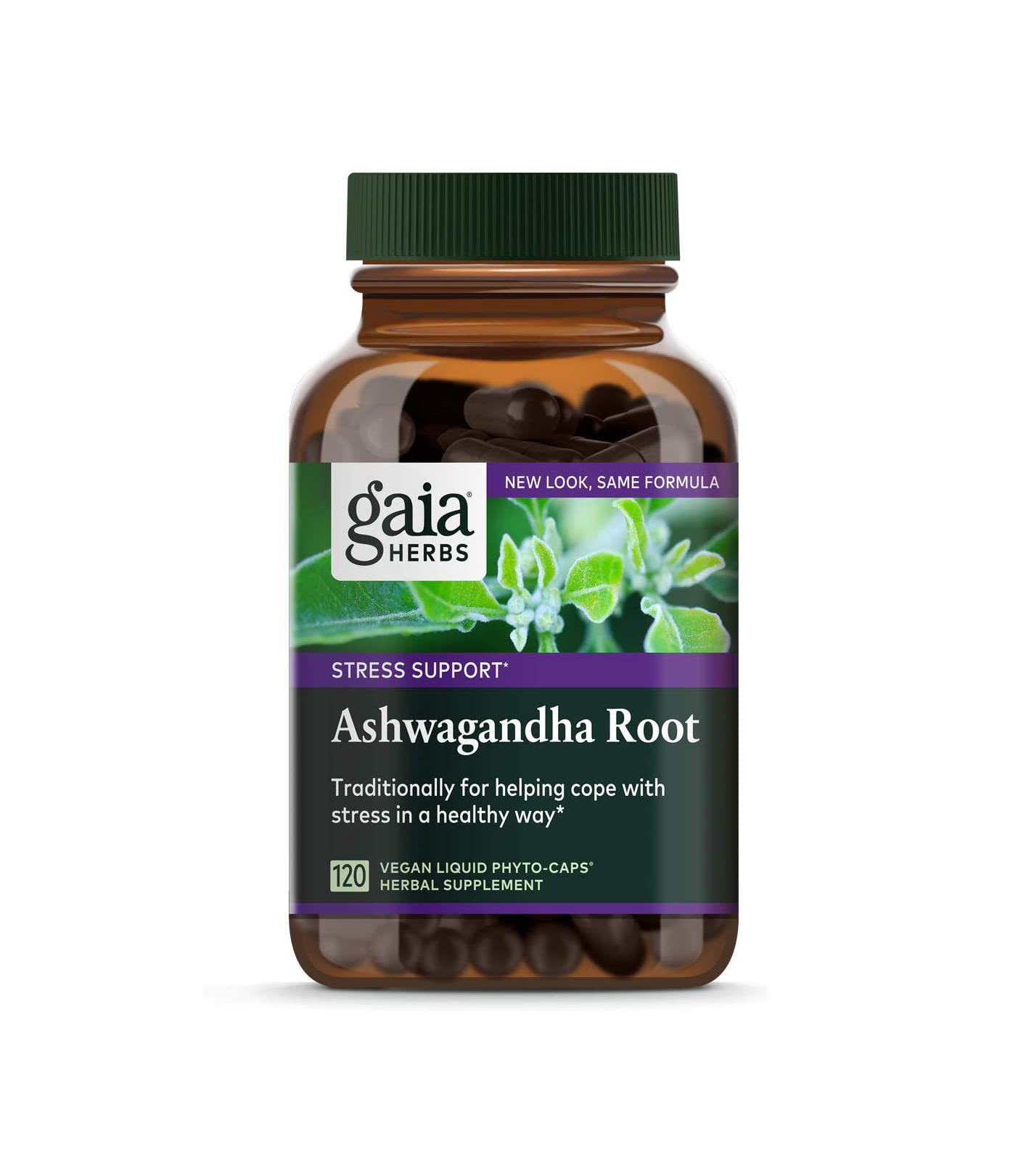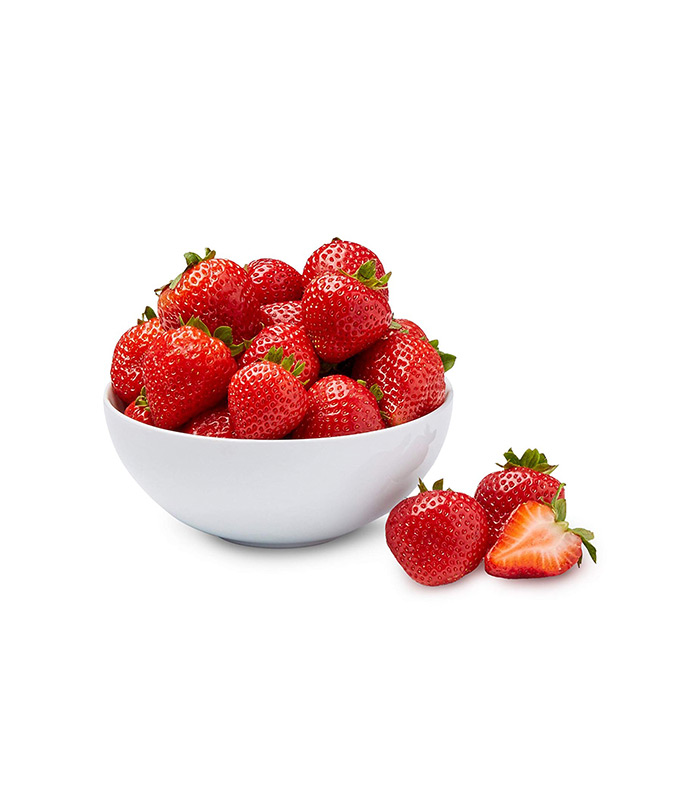This Is What Really Happens to Your Body When You Quit Caffeine


Headaches, brain fog, cravings… I'm all too familiar with the side effects of caffeine withdrawal, but that doesn't make cutting back on coffee any easier.
We know that in small amounts, coffee can actually be quite good for you: It's full of antioxidants, can help balance out different mental health conditions, and can actually even help us live longer. But when we're inhaling cold brew in large amounts on a regular basis—ahem, guilty—those health benefits become clouded by poor sleep hygiene, heightened anxiety, and sugar cravings, among other not-so-ideal symptoms.
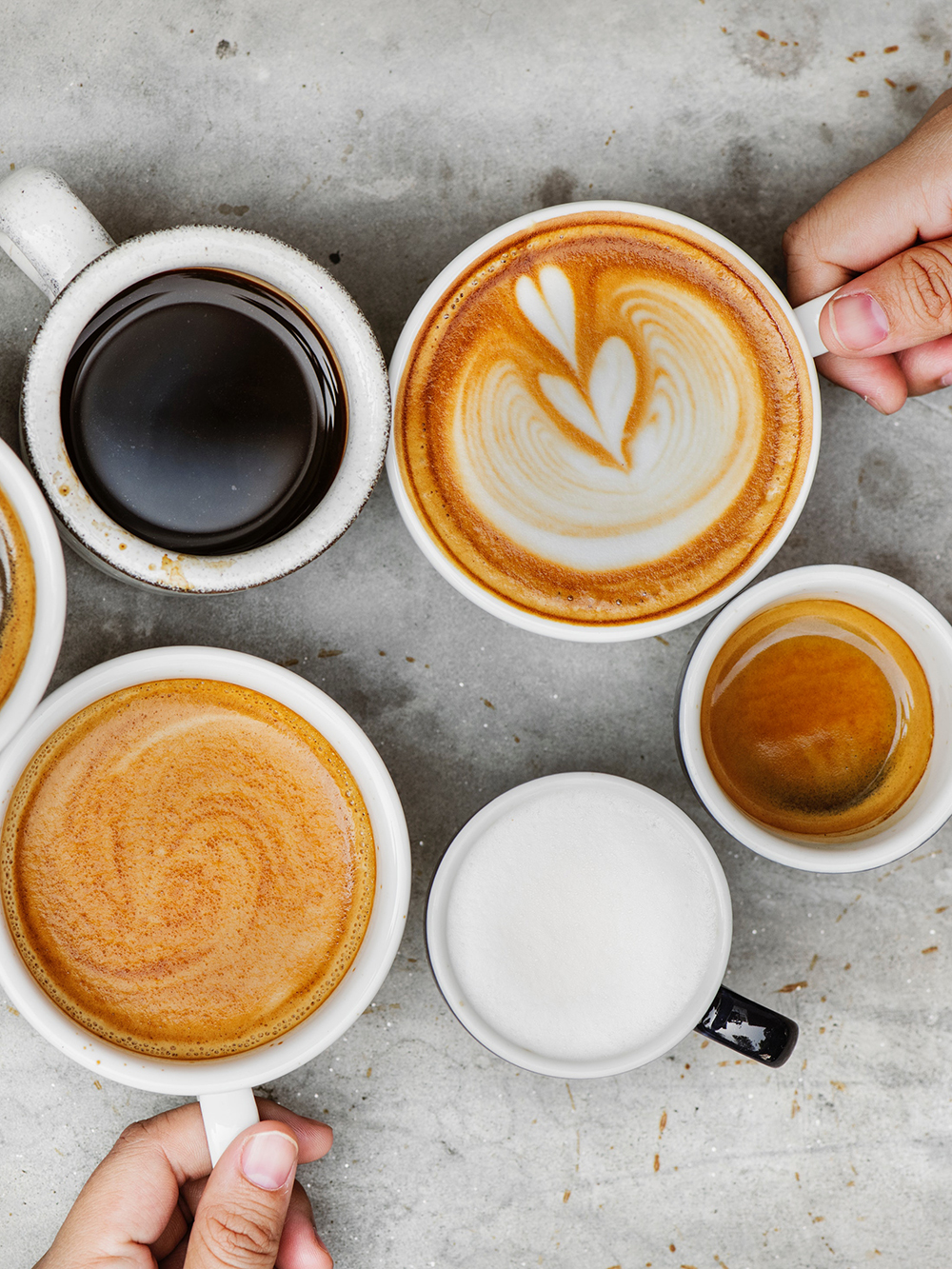
The issue, I've found, is that there really isn't a "convenient" time to quit. During the perpetually busy workweek, I need to be "on" at all times. Crushing brain fog doesn't exactly bode well for a writer on a deadline, and who wants to be cranky and tired on the weekend?
With all this in mind, our recommended approach is twofold: Phase out slowly rather than quit cold turkey, and know how to combat withdrawal symptoms when they inevitably arise. Find out how below.
Withdrawal Symptom #1: The Energy Crash

When your body is used to getting those hits of caffeine throughout the day, it will protest if you cut it off. Studies show that drowsiness is one of the top-reported symptoms of caffeine withdrawal—no surprises there.
The solution: Don't quit cold turkey.
Instead, scale back slowly to give your body (and brain) time to adjust—making you more likely to sustain your caffeine cutback in the long run. Identify how many cups of coffee you usually drink on a regular basis, and try phasing out one to two daily cups each week—so, if you usually drink five cups of coffee each day, you'll drink four every day for a week, and then three, and so on.
Withdrawal Symptom #2: Headaches
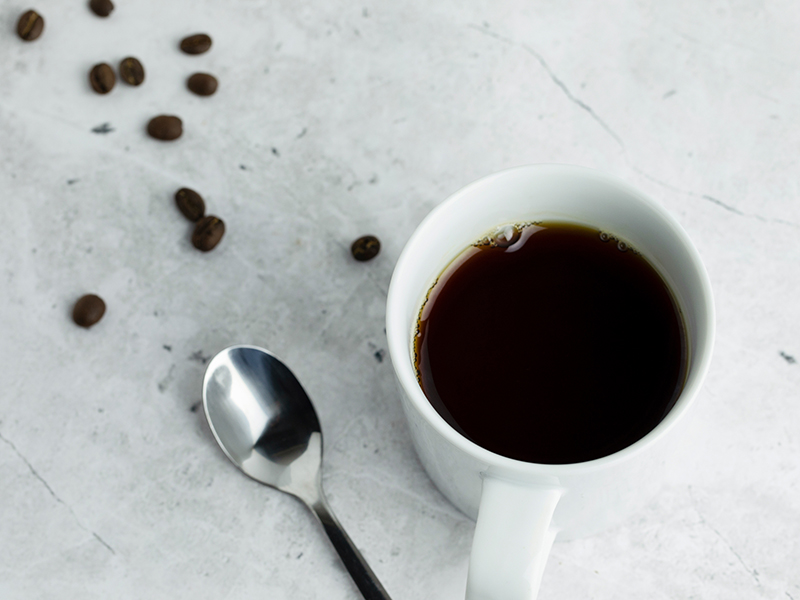
Because daily caffeine consumption actually changes the velocity of blood flow to our brain, headaches are almost an inevitability should you decide to cut back.
The solution: Try some moderate exercise (and stay hydrated).
Studies show that it's an effective solution for combatting migraines and headaches in general, so choose an activity that'll get your blood pumping (even if it's just a brisk walk). Bonus: Exercise also reduces fatigue.
"Sweating and working out can help you get more clear-headed and feel better," echoes Meryl Pritchard, holistic nutritionist and founder of Kore Kitchen. "The hard part is just motivating yourself to do it, but it's never a bad decision. Staying hydrated also helps, especially with headaches. This is a good preventative medicine."
Withdrawal Symptom #3: Brain Fog

Make no mistake: Caffeine is an addictive substance, which is one of the reasons focusing on anything else can be difficult when you're phasing it out. (It's also why you're more prone to mood swings and even depression.)
The solution: Swap in some matcha or adaptogenic drinks.
Matcha contains half the caffeine found in a cup of black coffee as well as a huge dose of the amino acid L-theanine. Studies show that L-theanine provides a significant boost to the brain's ability to focus—which is why it might be wise to swap in some green tea or matcha for one (or more) of your daily cups of coffee.
If you'd rather take a caffeine-free approach, adaptogenic herbs can help curb some of the mood-altering symptoms of caffeine withdrawal. Mucuna pruriens is a THE/THIRTY favorite; studies show it has an antidepressant effect, and we've all found that it improves our focus throughout the day. If you're finding that your anxiety or stress is difficult to manage, then ashwagandha is another great option.
If you're still craving the taste of coffee, Pritchard recommends giving Four Sigmatic's Mushroom Coffee ($11) a try. "It's less acidic than regular coffee and, since it's combined with mushrooms, has less caffeine. This combo helps you maintain physical and emotional wellness." And for what it's worth, "It tastes like coffee, not mushrooms!" she adds.
Withdrawal Symptom #4: Sugar Cravings

Because caffeine messes with our cortisol levels, cutting back can cause our blood sugar to go haywire—which leads to intense cravings (or in severe cases, feeling dizzy or faint).
The solution: Honor the craving with something sweet but healthy.
Indulging in cookies or ice cream might feel so good for a moment, but it'll ultimately just make your cravings worse—not to mention that it's definitely not wise to replace one unhealthy "reward" in your brain's habit loop (caffeine) for another (sugar). "Added sugars in the diet drive sugar cravings by elevating insulin levels and sending blood sugar on a roller coaster ride of spikes and crashes," explains Erin Palinski-Wade, RD, CDE, author of 2 Day Diabetes Diet and a consultant for Swisse Wellness.
She recommends gratifying your sweet tooth with berries, dates, or another natural form of sugar (ideally with some fiber, too). Better yet: Try some apple slices with almond butter, since the healthy fats will boost your mood and keep you feeling satiated.
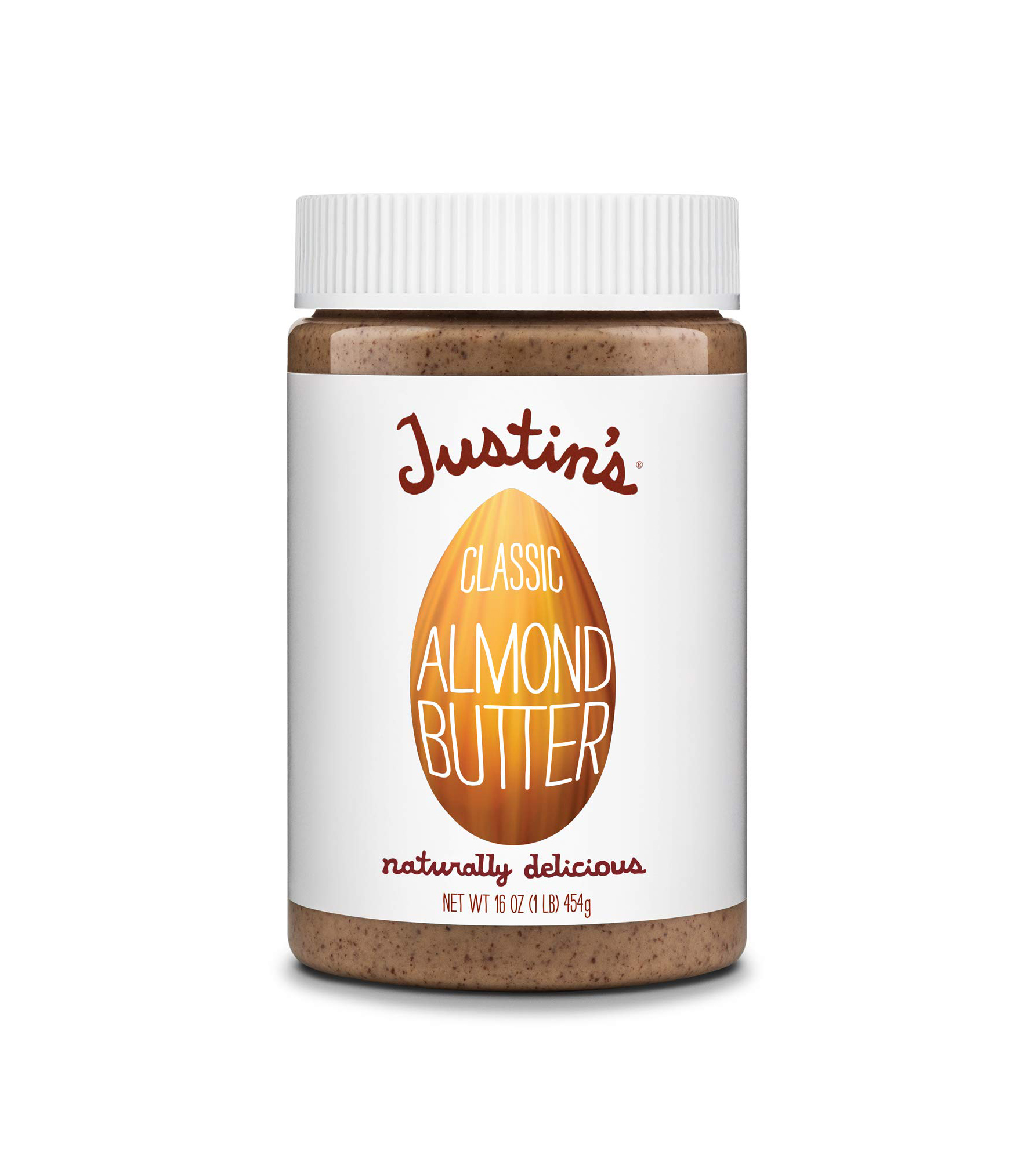
Next up: I Gave Up Coffee for 6 Days and Tried These Matcha Latte Recipes Instead
This article was originally published at an earlier date and has since been updated.
This article is provided for informational purposes only and is not intended to be used in the place of advice of your physician or other medical professionals. You should always consult with your doctor or healthcare provider first with any health-related questions.
